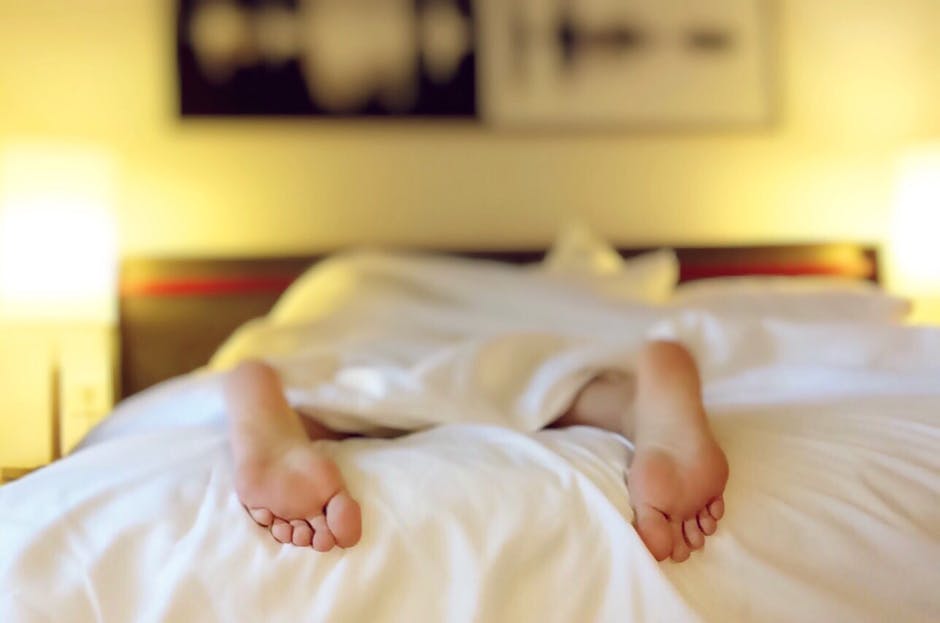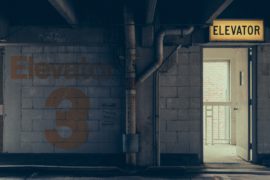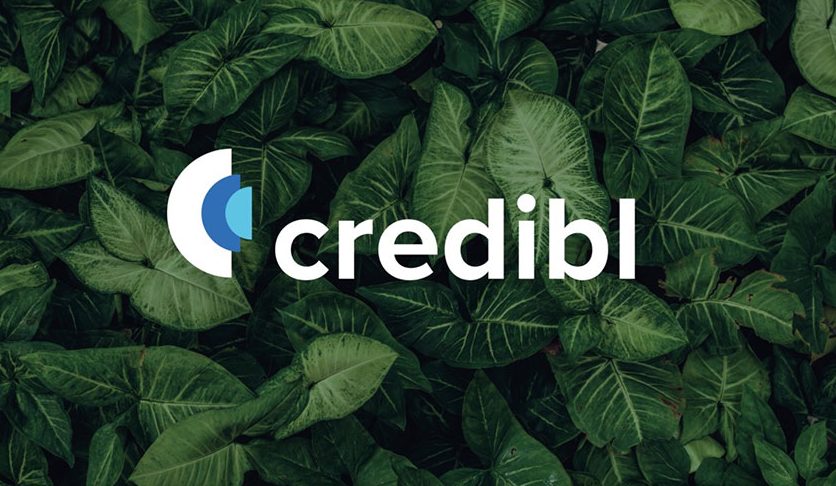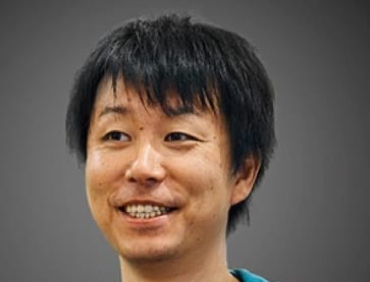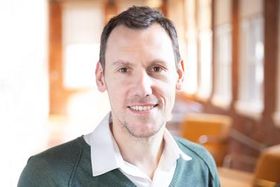Ranging from brainwave software to mattress sensors, the startup scene is no longer snoozing when it comes to the sleep industry.
Researchers have found that between 50 and 70 million adults are suffering from a sleep or wakefulness disorder. This statistic is amplified by the fact that scientists are saying that a poor night’s sleep results in more than just a bad day, it can also harm your health long term.
This has caught the attention of the digital health sector, which experienced a record high in funds in the last couple of years, reaching $4.5 billion in 2015. The market for sleep disorder devices, in particular, is estimated to reach $125.8 million by the end of 2017.
With this in mind, it is no wonder that we are seeing a surge in the number of young companies, backed by investors, tackling one of the most frustrating experiences; a sleepless night.
If stuffing lavender under your pillow or counting sheep is still not tucking you in for the night, then these platforms could just do the trick:
To tackle sleep problems that may stem from your sleep environment, you have several options. First, there’s S+ sleep sensor, an app that creates daily charts based on a user’s sleep patterns and monitors the app users sleep environment conditions, to provide suggestions for improvements. Oura is a wearable ring that measures pulse waveforms, heart rates, and body temperature. And Beddit is a sleep tracker that keeps tabs on your sleep activity via a mattress sensor. It produces a report of your sleep patterns every two weeks, making it easier for medical professionals to analyze and respond to any issue.
For bad dreams, Nightly is an app designed to promote a peaceful nights sleep, using data analyzing technology and reacting when unrest is detected. By monitoring sleep patterns, the app reacts to unrestful sleep patterns by playing audio and video content to reduce stress and anxiety, calming the body and mind. DreamJay Inc., the developers of the app have recently raised $2.3M in series A funding which will help advance research and development of Nightly.
If falling asleep is your issue, there are several startups utilizing audio apps, designed to drift you off to sleep. Hello Sense plays ambient sounds such as white noise, fireside crackling and rainfall, to help you fall asleep while monitoring the light, sound and temperature environment around you. Sleepion, from the Japanese startup Cheero, have also turned to light, sound, and aroma, to make it easier to fall asleep and stay that way. Lavender geranium and cedar-wood essential oils are diffused from the device while it emits the soft sounds of nature that mimic the environment of the womb, according to Cheero.
Advanced tech is pushing the design of devices and apps to proactively intervene with sleep cycles. Sleep Shepherd, for example, uses EEG brainwave monitoring to measure your brain rate when you fall asleep. By employing a Specialized Binaural Beat, the headband device plays tones of precise frequency into each ear encouraging the brains frequency to lower to the 10Hz – the ideal level for sleep.
In addition, there is also a plethora of home technology startups. One easy solution to a tranquil night’s sleep lies in comfort. Leesa, a mattress startup, has designed a medium-soft foam mattress with every body shape and type of sleeper in mind. Featured in Forbes’ Next Billion Dollar Startup List this year, the startup understands that comfort lies in simplicity, and have de-fluffed all unnecessary features seen in higher priced products, and created a five-star mattress fit for all. Lighting Science, has developed HealthE™ Good Night® LED Sleep-Enhancing Light, which was originally developed in collaboration with NASA to support the circadian rhythms of astronauts. Since 2016 it has been on the market mimicking the effect of natural light and altering the spectrum according to your circadian needs throughout the night.

